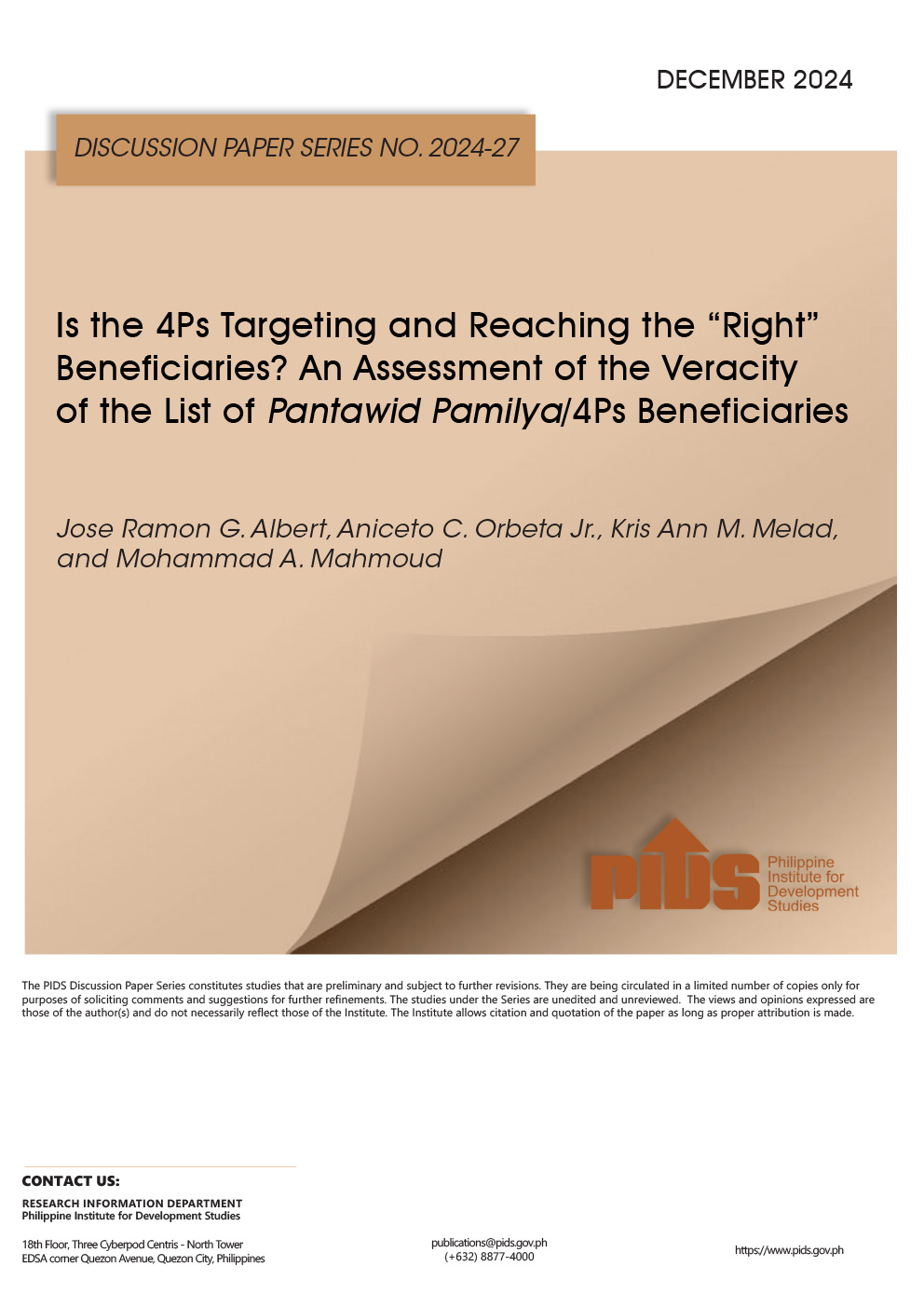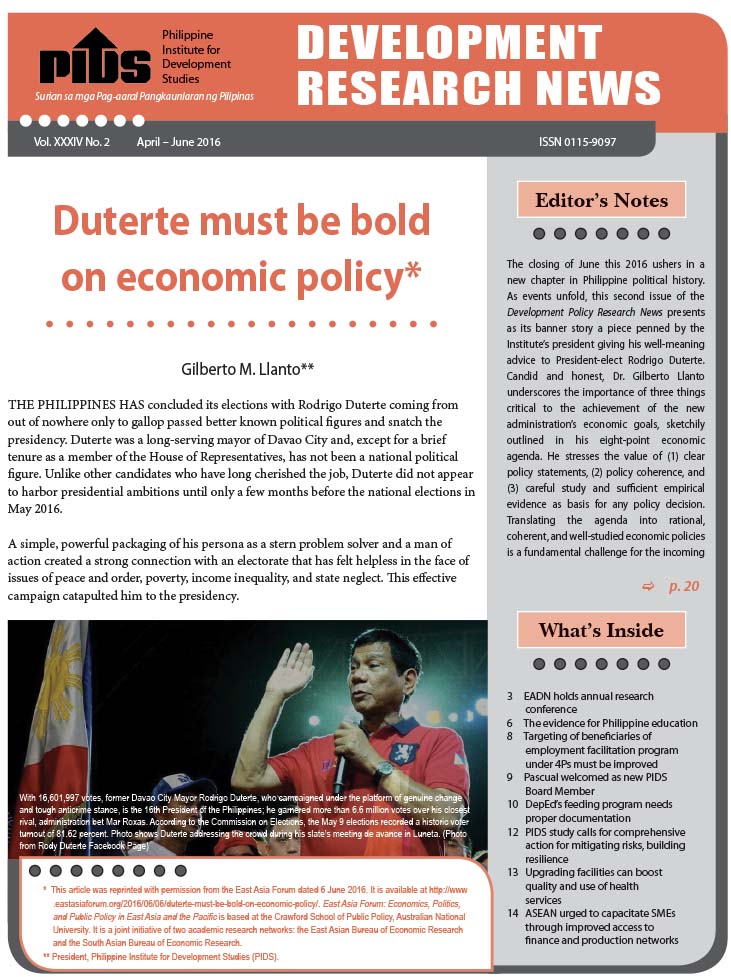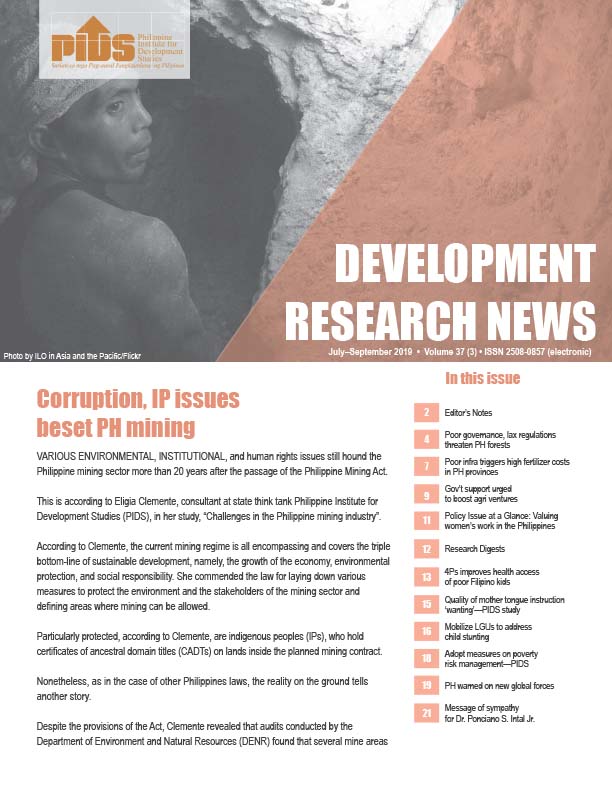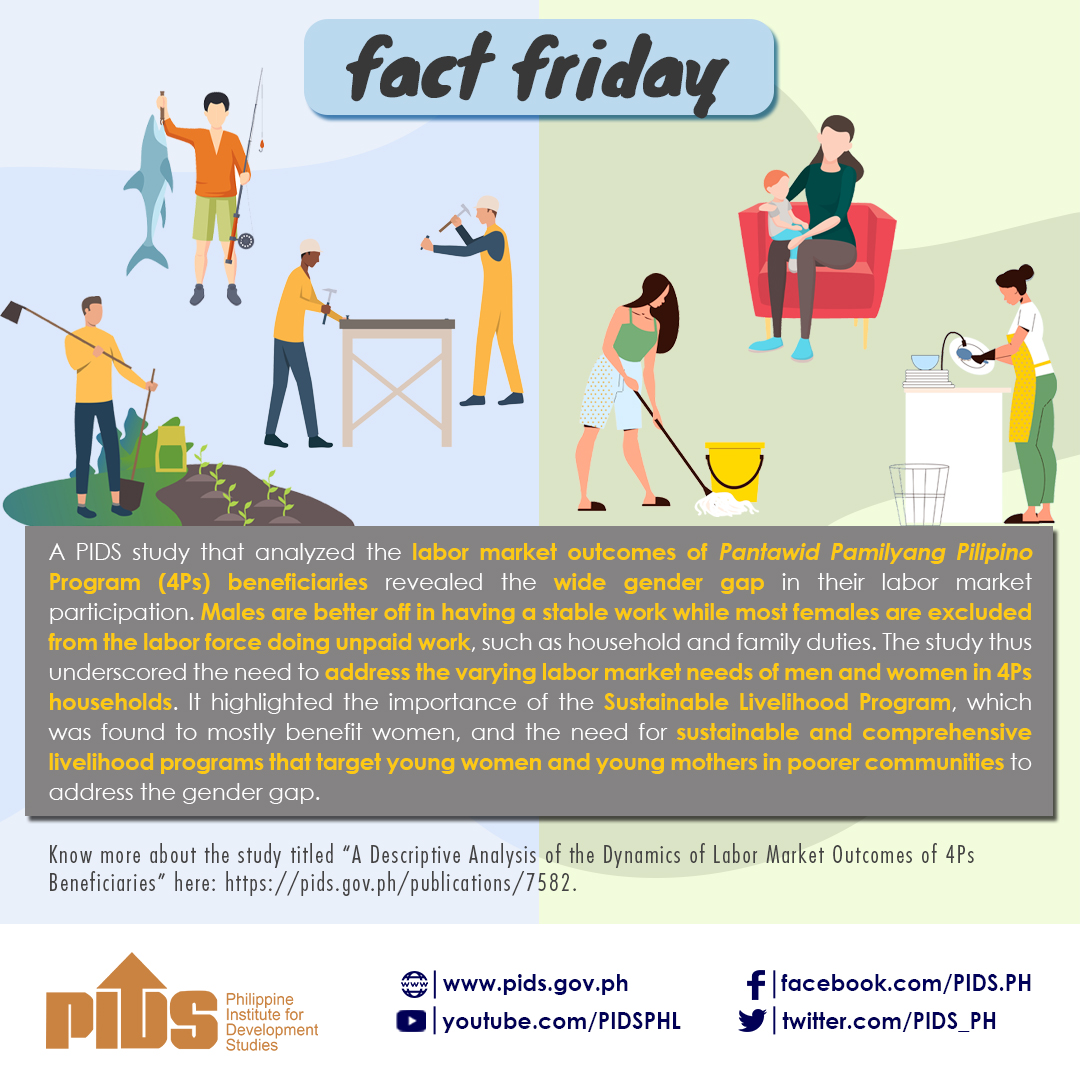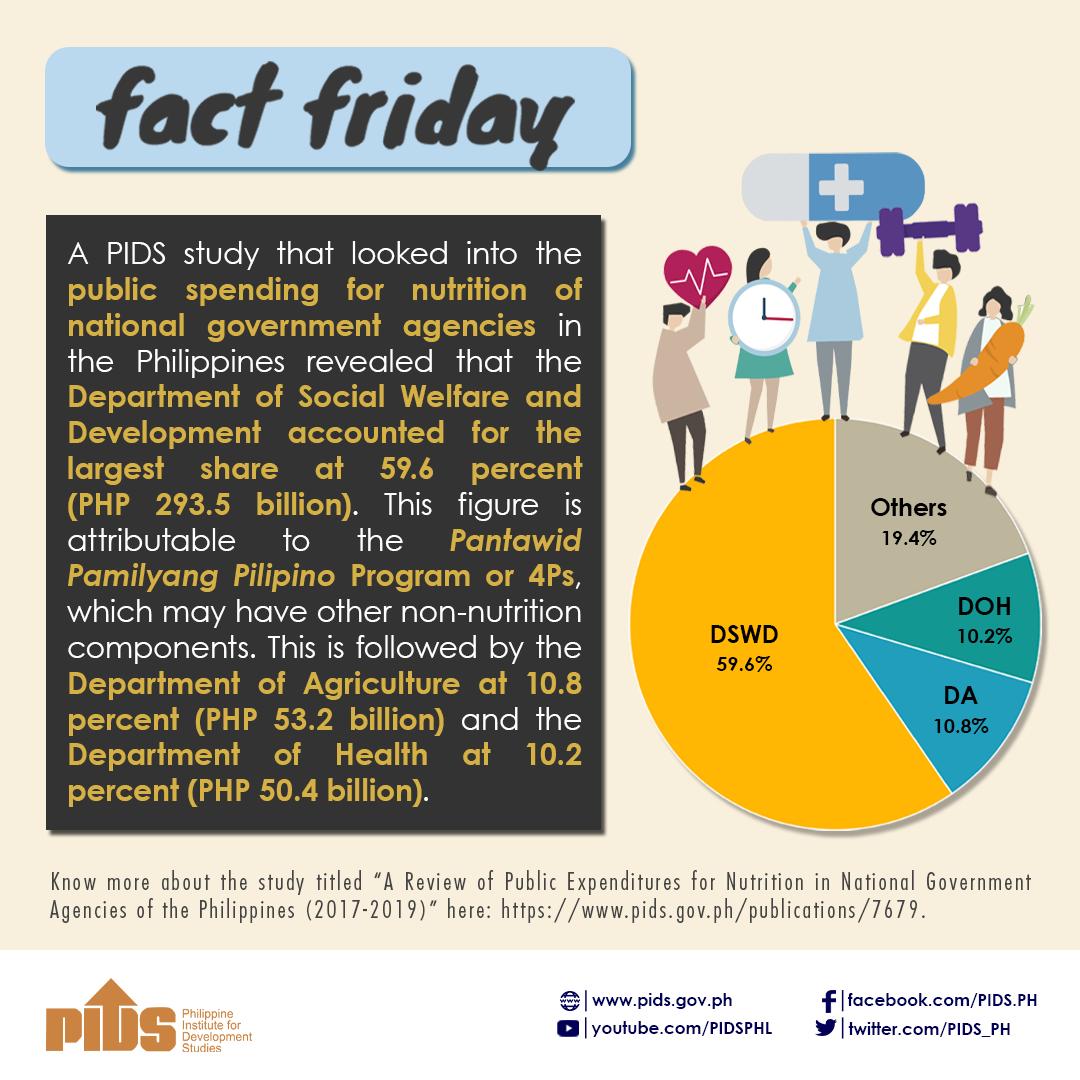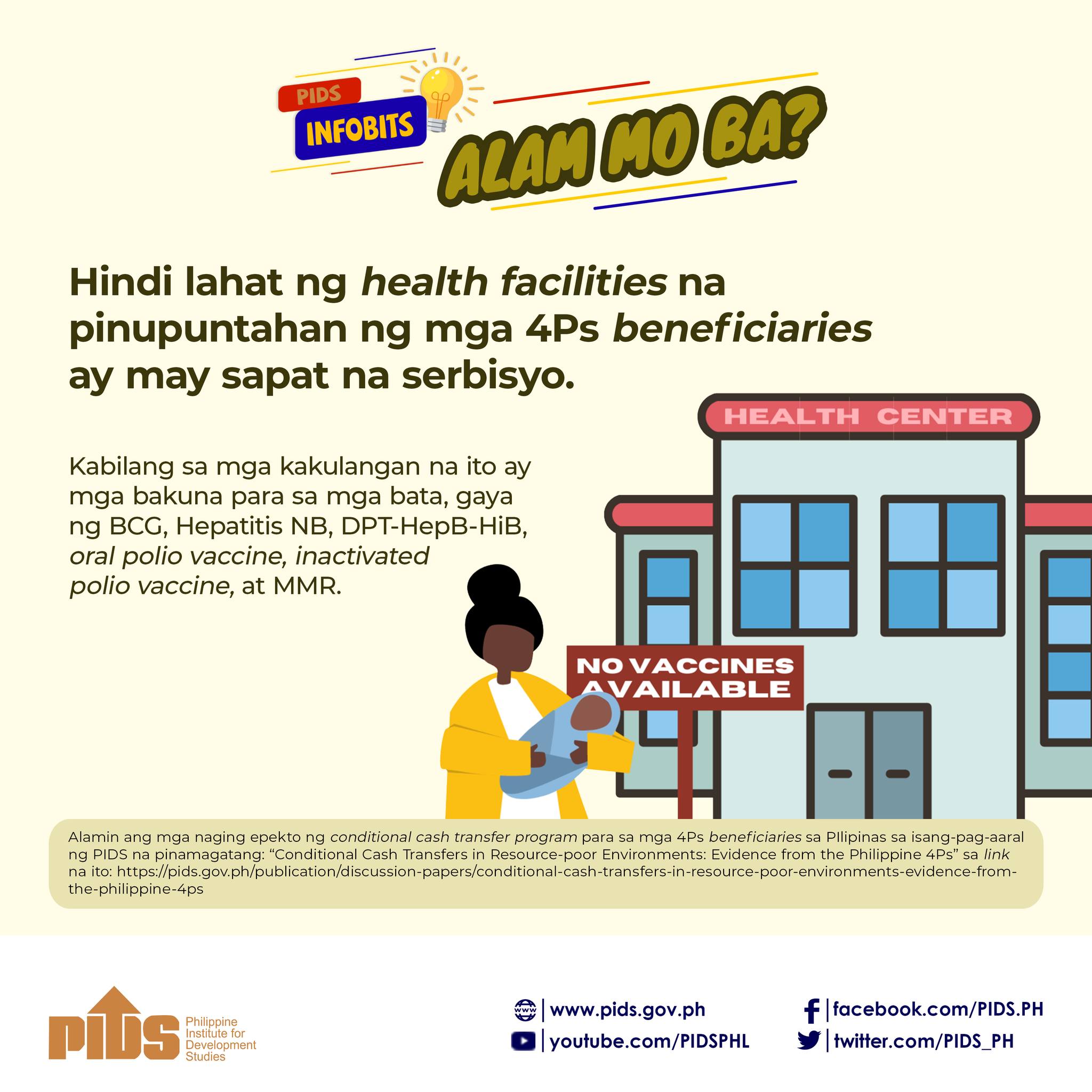This study represents the first comprehensive assessment of the Pantawid Pamilyang Pilipino Program's (4Ps) beneficiary targeting system, called the National Household Targeting System for Poverty Reduction (NHTS-PR) or Listahanan, since the program's institutionalization under Republic Act 11310 in 2019. Conducted by the Philippine Institute for Development Studies (PIDS) as mandated by law, this research examines both the accuracy of beneficiary information and the effectiveness of the program's targeting mechanisms in reaching intended beneficiaries. Through a dual-component analysis examining both data veracity and targeting effectiveness, the study evaluates how well the 4Ps identifies and reaches poor households while maintaining accurate beneficiary records. The study combines extensive primary data collection through a nationwide survey with sophisticated statistical analysis of the targeting accuracy, providing a comprehensive assessment of the program's beneficiary identification and management systems. Key findings reveal both strengths and challenges in the program's implementation. While static demographic information maintains high consistency rates (e.g., household address consistency at 90-94%), dynamic information such as employment and educational status shows notably lower consistency (e.g., employment status consistency at 71-76%). The analysis demonstrates strong progressive targeting conducted through a proxy means test, with 71.9% of 4Ps beneficiaries coming from the bottom three income deciles, though significant urban-rural variations exist (e.g., 27% of rural beneficiaries fall into the poorest decile compared to 7.9% in urban areas). These findings point to specific areas for systematic improvement in both targeting methodology and information management systems. The study's recommendations aim to enhance both the precision of beneficiary targeting and the reliability of program information systems, ultimately supporting more effective poverty reduction through improved program implementation. These findings have significant implications for policy refinement and operational improvements in one of the Philippines' flagship social protection programs.
Comments on this paper are welcome within 60 days from the date of posting. Email publications@pids.gov.ph.

